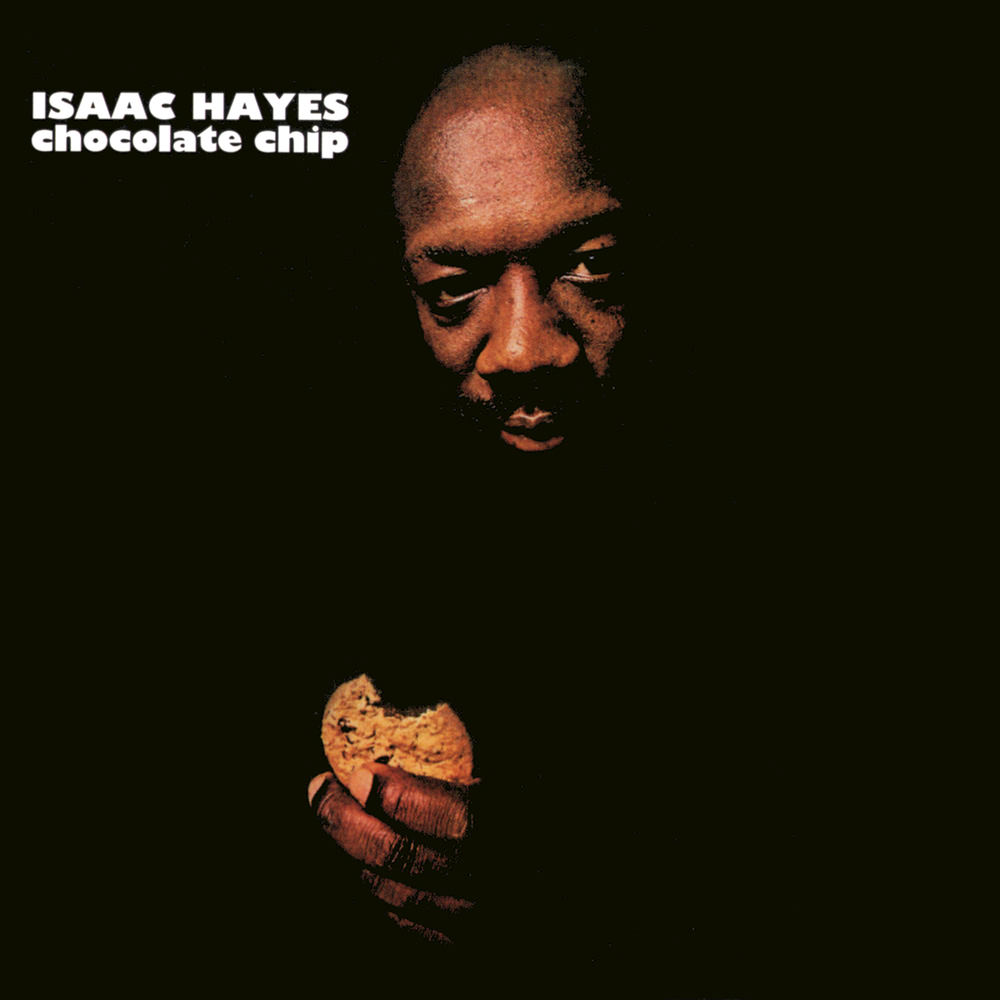SAMUEL HYLAND
There are two general spheres of artistic resistance, and the most popular of these is direct – thematic denunciation of an opposed concept through a medium of the creator’s preference.
The alternative sphere, however, is of simply being. By thriving in one’s identity rather than assimilating into whatever wave a culture happens to be on, backbone becomes resistance within itself.
When I first listened to Chocolate Chip, it was Father’s day, and I was on a road trip through Long Island’s richest neighborhoods. The further we drove, the grander the houses became, the higher the hills rose, the angrier I grew – not only because my community was Hooverville compared to what I witnessed; but, moreso because I was black — and in a neighborhood full of riches and white skin, the feeling of inadequacy seemed like something I would spend an entire lifetime confined to.
It was then, though, that I pressed play on Hayes’ record.
Chocolate Chip was not an album recorded from an activist’s standpoint. From cover to cover, it was a soulful forty-minute romance proposition to lovers lost – more fit for a satirical Progressive advertisement than a rallying cry for black excellence – but, where I was impressed was the insane amount of racial pride that emanated from the record’s production alone. Because it clung to roots in the black soul music with which I resonated, Hayes’ words became suffice for the ones that couldn’t come out of my mouth.
As the mansions and beach houses of Northport teased my eyes, Hayes’ “I can’t stop myself from wanting you” (That Loving Feeling) validated my longingness.
As we were glared at by a white family upon turning onto a private road, the percussive wah-wah of the title track served as a reminder of self-security and identity.
Hayes sang for elusive lovers. I listened for an elusive lifestyle. The artwork for Chocolate Chip is very similar to that of Black On Both Sides – both Mos Def and Isaac Hayes are shrouded in their own darkness, self-assured in their stares at the consumer.
It’s difficult to interpret their eyes, but perhaps visage is better not construed. The music of both records articulates things lips cannot.

